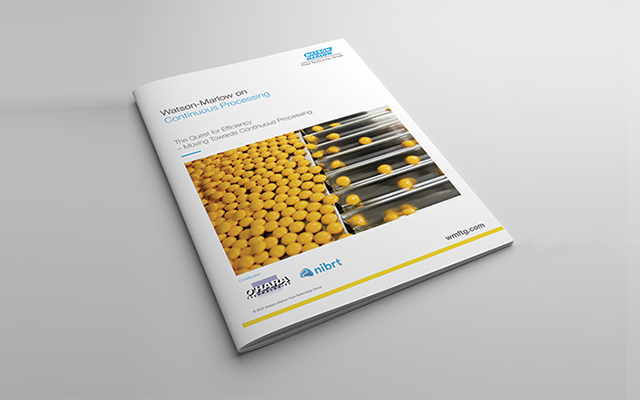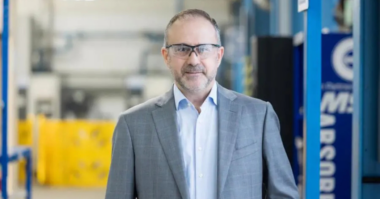The pharmaceutical industry is facing a challenge partly of its own making. So effective have the industry’s products been at extending people’s lives that the total cost of medicine consumption is stretching the limits of affordability around the world. To consider how pharmaceutical companies can respond, WMFTG has collaborated with leading industry experts to discuss different ways in which pharmaceutical manufacturing can supply new medicines more quickly and at lower costs to meet the ever-increasing needs of an aging population and tighter healthcare budgets.
The new report, launched today, has been co-authored by the National Institute for Bioprocessing Research and Training, O’Hara Technologies, and Watson-Marlow Fluid Technology Group.
As global life expectancies increase, more people are suffering from chronic diseases. This puts pressure on healthcare systems to fund additional treatment which in turn forces pharmaceutical companies to provide medicines ever more efficiently. This is especially true in Europe where government funding restrictions mean severe constraints on drug reimbursement prices. The burden falls most heavily on all stages of the drug development and manufacturing process to minimise costs.
The production of new medicines has relied on recent advances in manufacturing technology, but further innovation is needed. The paper, co-authored by industry leaders John Milne, Training Director at the National Institute for Bioprocessing Research and Training; Jim Marjeram, Technology Director at O’Hara Technologies; and Dr Chris Palmer, Tubing Product Manager at WMFTG, discusses the growth of continuous processing and the impact this has on pharmaceutical manufacturing.
“Continuous processing is not a new concept” comments Jim Marjeram. “The pharmaceutical industry was relatively slow to take it up, partly due to regulatory concerns. After all these years, people in the pharmaceutical industry now understand the business advantages of continuous processing, and we’re starting to get some traction.”
John Milne added, “There are a wide range of engineering challenges to implementing continuous processing, including integration of different process systems and meeting regulatory requirements. This should not put us off adoption of new techniques but does require careful consideration when designing the best options for individual processes.”
Download the article to find out more from these experts as they provide their unique perspectives on continuous manufacturing in the pharmaceutical industry.




